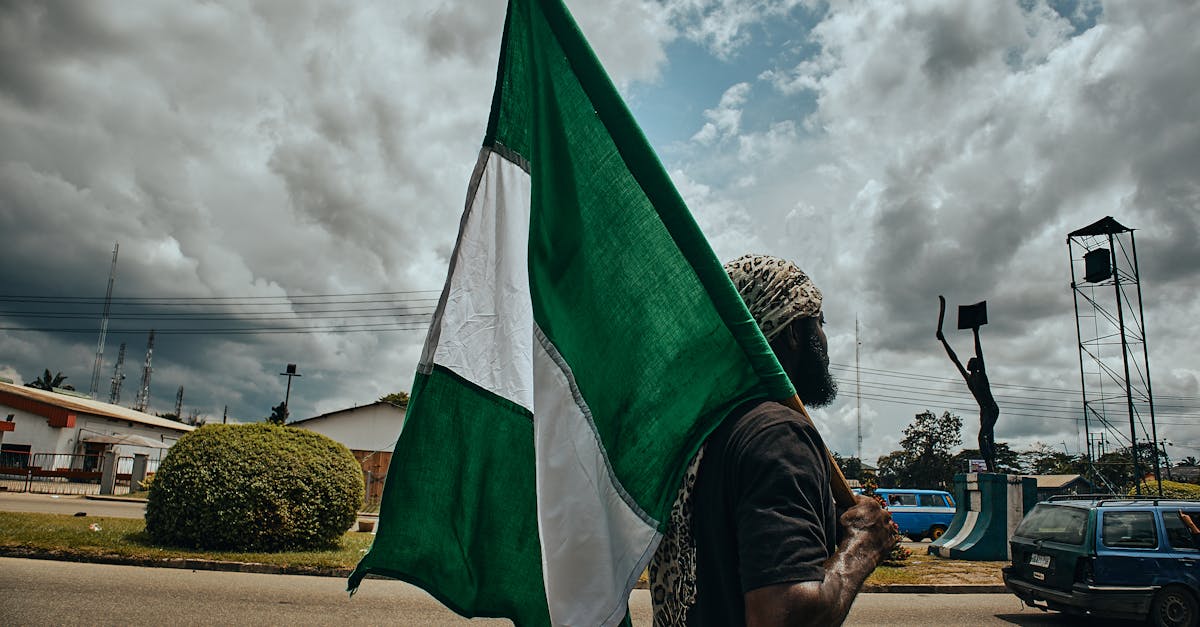Facts About Ghana
Ghana, officially known as the Republic of Ghana, is a West African country that has been a major player in the region’s politics and economy for centuries. Located on the Gulf of Guinea, Ghana shares borders with Côte d’Ivoire to the west, Burkina Faso to the north, Togo to the east, and the Atlantic Ocean to the south.
Language and Culture
Ghana is a multilingual country, with over 100 languages spoken across the country. The official language of Ghana is English, but other major languages include Twi, Fante, Akan, Ewe, and Ga. Ghana’s rich cultural heritage is influenced by its African, European, and Islamic traditions.
One of Ghana’s most famous festivals is the Akwasidae festival, which celebrates the coronation of the Asantehene (King of Kumasi) every 12 months. The festival features traditional music, dance, and costumes, showcasing Ghana’s vibrant cultural diversity.
History
Ghana has a rich and complex history that dates back to ancient times. The country was an important trading center in the ancient world, with evidence of gold mining dating back to around 3000 BCE. In the 15th century, the Portuguese established trade relations with the kingdom of Ghana, which became a major hub for the trans-Saharan slave trade.
Economy and Natural Resources
Ghana is one of Africa’s most economically stable countries, with a GDP per capita of over $2,000. The country is rich in natural resources, including gold, diamonds, bauxite, and timber. Ghana is also home to several major industries, including agriculture, mining, and manufacturing.
Education and Healthcare
Ghana has made significant strides in education and healthcare in recent years. The country has invested heavily in building new schools and hospitals, with the goal of improving access to quality education and healthcare for its citizens.
However, despite these efforts, Ghana still faces several challenges, including inadequate funding for public services and a shortage of skilled healthcare workers.
Tourism
Ghana is a popular tourist destination, with attractions such as the Cape Coast Castle, a former slave fort that now serves as a museum, and the Kakum National Park, a lush rainforest with stunning views of the surrounding landscape. Visitors can also experience Ghana’s vibrant culture by attending traditional festivals and events.
Overall, Ghana is a country with a rich history, diverse culture, and significant natural resources. From its ancient trading centers to its modern-day industries, Ghana has something to offer visitors from around the world.
